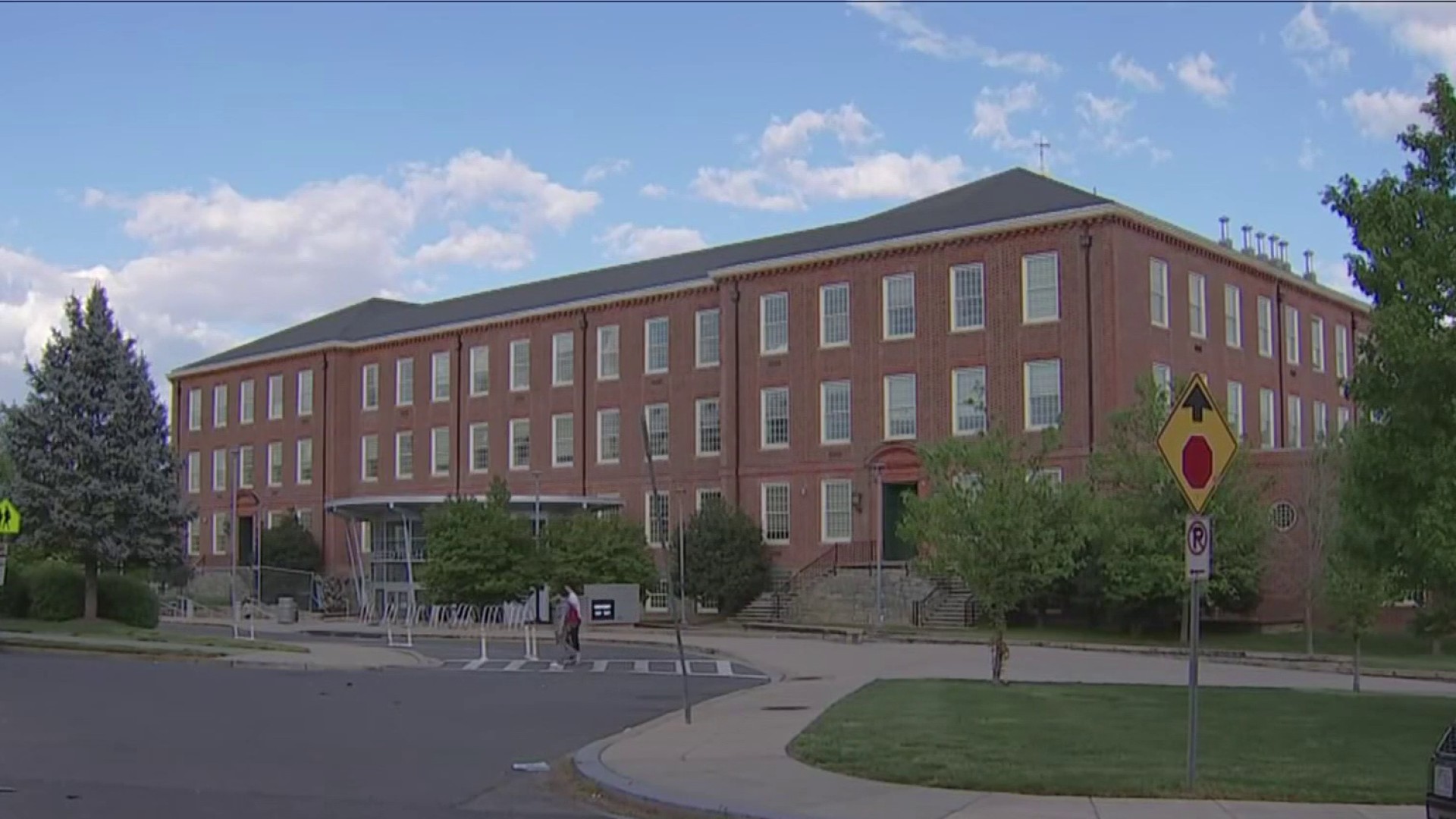Starting Sunday, Virginians have to bring identification to the polls with them, undergo pre-abortion sonograms and pay for ignition interlock devices on their cars if they are convicted of drunken driving.
Laws passed by the long-running, often fractious 2012 General Assembly take effect July 1, including some of the most divisive measures.
Other new laws also take effect along with a brand-new $85 billion state budget for the newborn state fiscal year 2013.
All public schools will have injectable epinephrine to administer to children with extreme allergic reactions after a child suffered a deadly allergic reaction to a peanut at a Richmond area school.
In the wake of the Penn State child sex abuse scandal, failing to swiftly report child molestation becomes a more serious and costly offense for people in specific positions, including sports coaches, with a tenfold increase in fines.
And private or nonprofit adoption agencies may refuse to place a child in foster care or with adoptive parents if the placement would violate the organization's moral or religious beliefs, including opposition to homosexuality.
The ultrasound mandate for abortions drew large Capitol Square protests that, in March, resulted in the arrest of 30 protesters during a Capitol steps sit-in. It also brought ridicule for Virginia officials, including Republican legislators and Gov. Bob McDonnell, from "Saturday Night Live,'' "The Daily Show with Jon Stewart'' and other cable and late-night television personalities.
Local
Washington, D.C., Maryland and Virginia local news, events and information
Initially, the GOP-backed legislation would have compelled women to undergo a vaginally invasive form of ultrasound, which opponents labeled state-mandated sodomy. Republicans countered that "transvaginal ultrasounds'' are common practice in very early term abortions. But as the state became a laughingstock, McDonnell persuaded House and Senate Republicans to water down the bill by eliminating the mandated invasive procedure. It sailed through the House, with its lopsided Republican majority, but emerged from the evenly split Senate only after hours of searing debate. Democratic amendments that would have required insurance companies to pay the costs or have the state pay the bills for uninsured women were also rejected. McDonnell signed the bill into law.
The tighter voter ID requirements evoked angry comparisons to Jim Crow-era voter suppression tactics from opponents who say it targets minorities, the elderly and poor. It requires voters who lack proper identification to cast provisional ballots that are counted only if the voter later presents valid ID to local election officials. Present law allows voters lacking ID to cast regular ballots after signing affidavits affirming they are who they claim to be.
Acceptable forms of identification under the new law range from drivers' licenses and voter registration cards to current residential utility or water bills.
The bill's Republican supporters said it was a necessary crackdown on election fraud. Democrats called it an effort to intimidate the most vulnerable voters just ahead of a close presidential race in swing state Virginia.
The mandatory 5 percent public employee pension contribution, offset by a 5 percent raise, aims to reduce the Virginia Retirement System's large unfunded liabilities. For state employees and faculty at its public colleges, the reimbursed employee contributions begin immediately. City and county governments and school boards can phase the higher costs in over five years.
An attractive new tax credit becomes available for individuals or companies that endow private scholarships for low-income or disabled children from kindergarten through 12th grade. Legislative Democrats complained bitterly that the credit, equal to 65 percent of the donation, amounts to a diversion of state funds to private education and undermines the state general fund that pays for education. Total contributions have a $25 million annual cap.
The costs of drinking and driving get ever higher. Ignition interlock devices are now installed after a second offense or in cases where blood-alcohol concentrations are well above the legal limit. They require drivers to blow into a tube, and if the device detects alcohol in the breath, it prevents the vehicle from starting.
Effective Sunday, the devices will be installed on every vehicle owned by or registered to those convicted of a DUI as a condition for holding a restricted driver's license. Aside from the inconvenience and the fines and court costs the government collects, offenders face at least six monthly payments of $85 to $90 to companies that install ignition interlock devices.
Other measures that take force July 1 became law with less fanfare.
People who get their kicks annoying others by dialing their cell phones or pagers and get caught in the act for a second time could, for the first time, face a six-month jail stay.
Operators of ski resorts and other winter outdoor sports venues will have more protection from lawsuits by people hurt or killed from inherently risky winter sport.
In some no-fault divorce cases, evidence can be presented in affidavits and depositions rather than in court testimony.
Synthetic cannabinoids (or artificial marijuana) and chemicals known as "bath salts'' are added to the state's list of banned drugs.
New laws reward those who serve served in the military. Veterans with service-related disabilities become eligible for free lifetime hunting and fishing licenses. Surviving spouses and children of those killed in the line of duty and members of the Virginia National Guard will be accorded new hiring preferences for state jobs.
And wake surfing becomes legal in Virginia waters.



